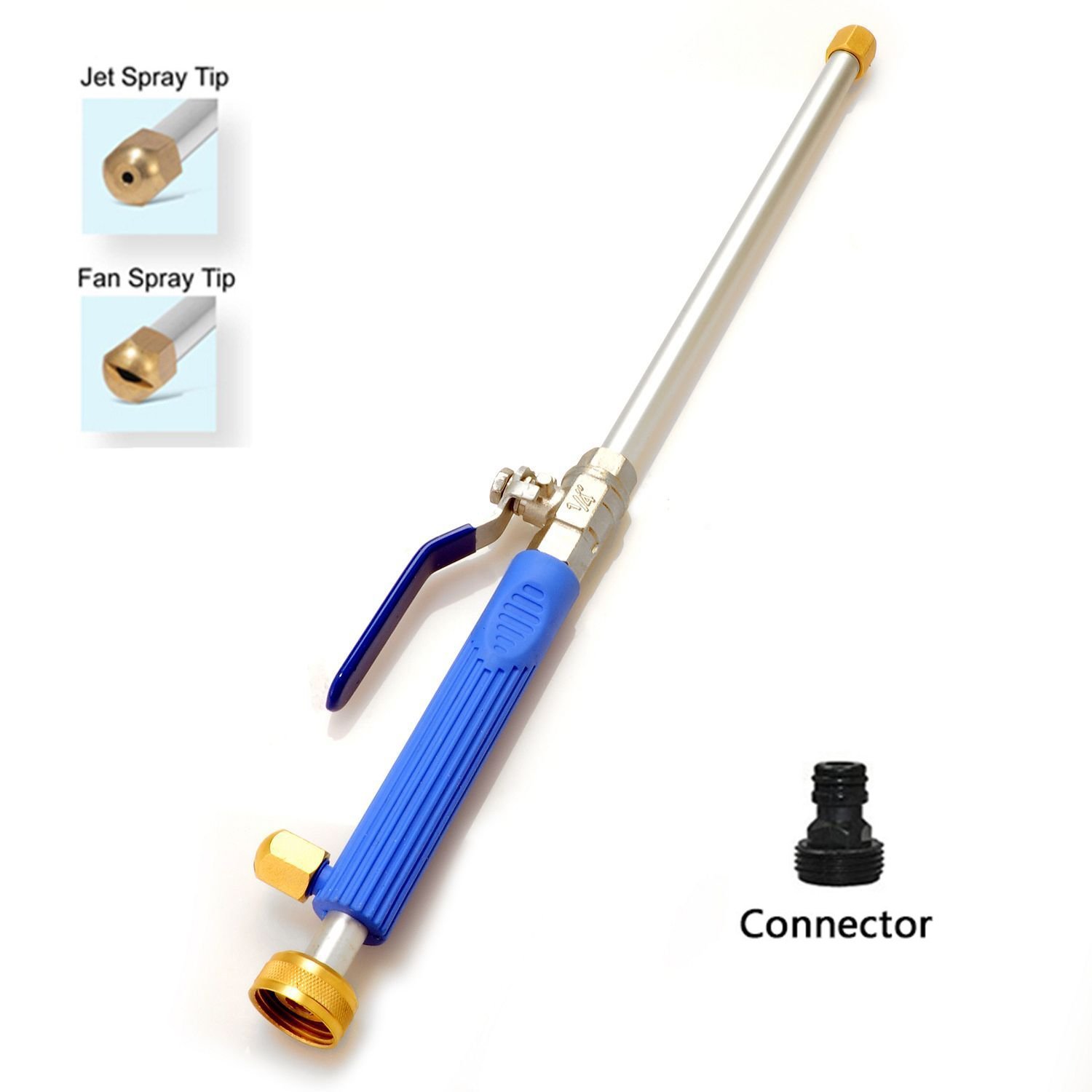BruceK
Moderator Emeritus
- Joined
- Oct 31, 2011
- Messages
- 13,347
- Vessel Name
- Sojourn
- Vessel Make
- Integrity 386
Cleaning an engine is easy enough,though with twins the outside is not so easy. But, the ER sides, stringers, bulkheads,flatter hull sections, are more difficult to access for hand work. Lots of bending, stretching, and body contortions.
I first thought about a pressure washer. I know how to use one, and what they can do.They have wands to give access from a distance, they blow the muck off the surface, pressure can be controlled. But I can envisage mess getting sprayed around, spray bouncing back, etc, in the confined space of the ER.
Then I considered steam cleaning. Never used one, they also have wand extensions, they don`t seem to have the pressure to actually remove the grime, more they loosen it so it can be wiped away, but that means closer work, contortions, etc. Maybe the steamed grime can be hosed off, I wonder if that would work, a 2 stage process. And then there is me, and hot steam, in the ER, not so sure about that.
Presumably the gunk exits the boat with the water you use, via bilge pumps. We`re just using water in one form or another, so subject to the nature of the gunk, that may be ok.
What advice and experiences can ER proud TFers bring to this discussion?
I first thought about a pressure washer. I know how to use one, and what they can do.They have wands to give access from a distance, they blow the muck off the surface, pressure can be controlled. But I can envisage mess getting sprayed around, spray bouncing back, etc, in the confined space of the ER.
Then I considered steam cleaning. Never used one, they also have wand extensions, they don`t seem to have the pressure to actually remove the grime, more they loosen it so it can be wiped away, but that means closer work, contortions, etc. Maybe the steamed grime can be hosed off, I wonder if that would work, a 2 stage process. And then there is me, and hot steam, in the ER, not so sure about that.
Presumably the gunk exits the boat with the water you use, via bilge pumps. We`re just using water in one form or another, so subject to the nature of the gunk, that may be ok.
What advice and experiences can ER proud TFers bring to this discussion?


